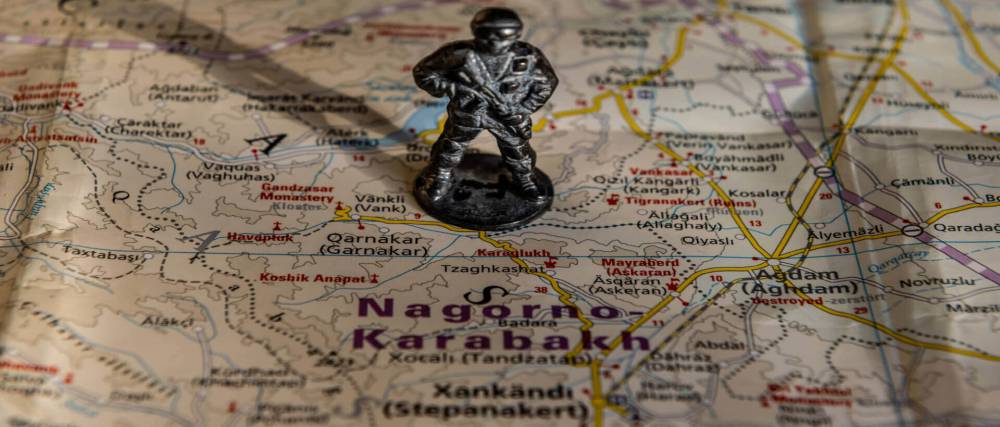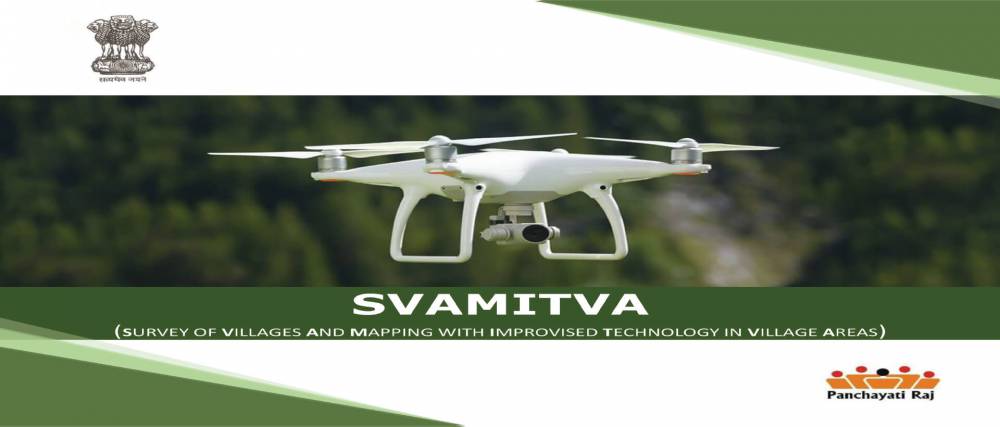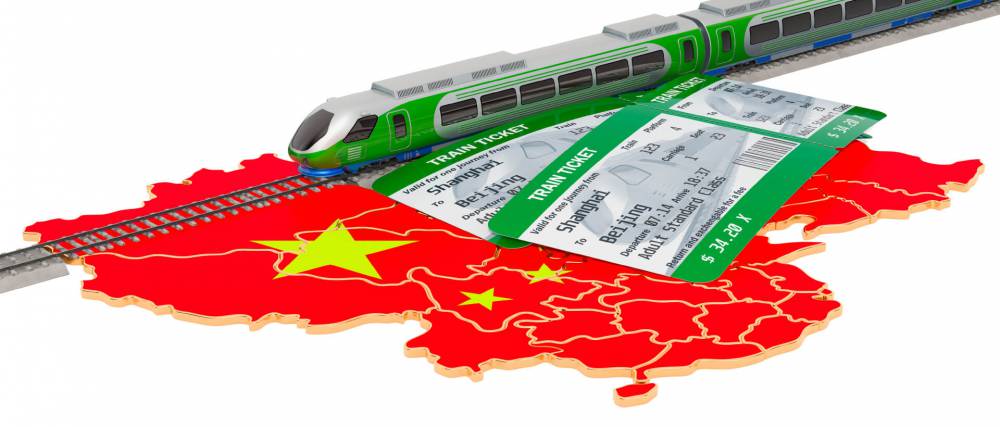Armenia, Azerbaijan agree to end fight in Nagorno-Karabakh
 Published on
Nov-06-2020
Published on
Nov-06-2020
-
· Armenia, Azerbaijan, Russia say sign deal to end Nagorno-Karabakh conflict-The Times of India-10th November
· Armenia, Azerbaijan agree to end fight in Nagorno-Karabakh-The Indian Express-11th November
(GS 2-International Relations; GS4-Ethical issues in International Relations)
In News
· Armenia and Azerbaijan agreed on peace deal brokered by Russia to end fierce clashes in Nagorno-Karabakh region.
What is the New Peace Deal?
· On 9 November 2020, following the capture of Shusha, the second-largest settlement in Nagorno-Karabakh, a peace agreement was signed between Azerbaijan, Armenia and Russia.
Highlights of the New Peace Deal
· Ceasefire
o A complete ceasefire to end all hostilities in the zone of the Nagorno-Karabakh region.
o Russian peacekeeping contingent to be deployed in parallel with the withdrawal of Armenian armed forces along the line of contact in Nagorno Karabakh and Lachin corridor.
o Armenia to return Aghdam, Kelbajar and Lachin regions to Azerbaijan.
· Unblocking of Economic & Transport Links
o All economic and transport links in the region to be unblocked.
o A plan for the construction of new traffic route along the Lachin corridor, providing communication between Stepanakert and Armenia.
o Azerbaijan to guarantee traffic safety along the Lachin corridor of citizens, vehicles and goods in both directions.
· Status of IDPs, Refugees & PoWs
o Internally displaced persons and refugees to safely return to Nagorno-Karabakh and adjacent areas under the control of the Office of the United Nations High Commissioner for Refugees.
o Exchange of prisoners of war and other detained persons and bodies of the dead.
Aftermath of the New Peace Deal
· There are contrasting views on the New Peace Deal in the two countries.
o Armenia- Violent protests erupting across the country as people are not happy with the peace deal.
Azerbaijan- There are celebratory procession being carried out on the Azerbaijanian streets.
-
· Azerbaijan has an upper hand under the new Peace Deal as both sides will now maintain positions in the areas that they currently hold, which will mean a significant gain for Azerbaijan as it has reclaimed over 15-20 per cent of its lost territory during the recent conflict.
Geography of Nagorno-Karabakh Region
· Nagorno-Karabakh region is in the South Caucasus straddling between Asia and Eastern Europe.
· It is a landlocked region within the mountainous range of Karabakh, lying between Lower Karabakh and Zangezur, and covering the southeastern range of the Lesser Caucasus mountains.
Significance of Nagorno-Karabakh Region
· It is a very important corridor for pipelines transporting oil and gas to world markets.
· Pipelines shipping Caspian oil and natural gas from energy-rich Azerbaijan to the world pass close to Nagorno-Karabakh.
· In an event of an open war between the two countries, the pipelines could be targeted, which would impact energy supplies and may even lead to higher oil prices globally.
Conflict between Armenia and Azerbaijan

· Nagorno-Karabakh has been part of Azerbaijan territory since the Soviet era.
· Conflict Post Soviet Breakdown
o Conflict in the Nagorno-Karabakh region began following the breakdown of the Soviet Union in the late 1980s and lasted till approximately 1994.
o Nagorno-Karabakh broke away from Azerbaijan in a conflict that broke out as the Soviet Union collapsed in 1991.
o Both Armenia and Azerbaijan claim this strategic territory of Nagorno-Karabakh
-
o At that time, the enclave of Nagorno-Karabakh had held a referendum boycotted by Azerbaijan where the people chose independence over joining either of the two countries.
· Ethnic Cleansing of 90s
o The conflict became worse with Armenia and Azerbaijan accusing each other of having instigated ethnic cleansing.
o By 1992, the violence had increased and thousands of civilians had been displaced, compelling international bodies to take notice.
· Ceasefire Mediated by Russia in 1994
o In May 1994, Russia mediated a ceasefire between Armenia and Azerbaijan, by which time ethnic Armenians had taken control of the region.
o However, the conflict has continued for three decades, with instances of ceasefire violations and violence instigated from both sides.
Present Position
· While the area remains in Azerbaijan, it is today governed by separatist Armenians who have declared it a republic called the “Nagorno-Karabakh Autonomous Oblast”.
· The Armenian government does not recognize Nagorno-Karabakh as independent, it supports the region politically and militarily.
· With the signing of the New Peace Deal there are chances of normalcy to return in the region.
International Stakeholders
· Several regional and global players particularly Russia, Europe, Turkey and Israel are involved to secure their strategic, security and economic interests in the region.
· Stakes for Russia
o Russia’s role in the conflict has been somewhat opaque since it supplies arms to both countries and is in a military alliance with Armenia called the Collective Security Treaty Organisation (CSTO).
o Russia has a military base in Armenia.
o Peace and tranquility in the Nagorno-Karabakh are crucial for geopolitical stability and to secure energy lines in the Eurasian region.
o Russian intervention boosts its credibility as an efficient mediator and gives impetus to its diplomatic clout in the region.
· The conflict marks a strange convergence of the traditional rivals in form of Turkey and Israel by supporting Azerbaijan.
United Nations on the Issue
· Four UN Security Council Resolutions were passed during the Nagorno-Karabakh conflict in 1993.
· On March 14, 2008 the United Nations General Assembly adopted a resolution which reaffirmed Azerbaijan's territorial integrity, expressing support for that country's internationally recognized borders and demanding the immediate withdrawal of all Armenian forces from all occupied territories there.
Nagorno-Karabakh: Through the Prism of India
· India-Azerbaijan
o India entered into diplomatic relations with Azerbaijan in 1992.
o Historical Relations
§ India and Azerbaijan have age-old historical relations and shared traditions. The Ateshgah fire temple in the vicinity of Baku is a fine example. This medieval monument with Devanagri and Gurmukhi wall inscriptions is a surviving proof of the age-old relationship between the two countries.
o Present Trade Links
§ The trade links with India, led to renewed contacts of the Indian merchants heading towards Europe through the Silk Route.
§ In modern times ONGC/OVL has made investments in an oilfield project in Azerbaijan and GAIL is exploring the possibilities of cooperation in LNG.
§ Azerbaijan also falls on the International North South Transport Corridor (INSTC) route, connecting India with Russia through Central Asia.
§ It can also connect India with Turkey and beyond through the Baku-Tbilisi-Kars passenger and freight rail link.
· India-Armenia
o Diplomatic relations between India and Armenia were established in 1992.
o With Armenia, India has a friendship and cooperation treaty (signed in 1995).
o Armenia extends its unequivocal support to India on Kashmir issue whereas Azerbaijan not only opposes but also promotes Pakistan’s narrative on this issue.
· The region has remained on the periphery of its foreign policy radar.
· As the strategic importance of the region is derived from energy exports, the stability of the region is very important for regional growth and oil importing countries like India.
· Under these circumstances, India has done the right thing to adopt a balanced and neutral stance and pitching for a political solution as enshrined in the Madrid Principles.









